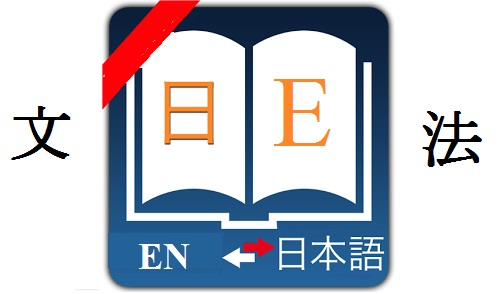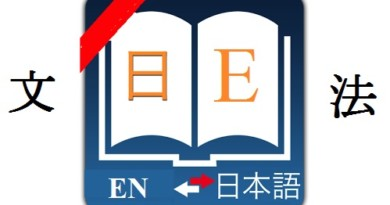Japanese なんら…ない grammar nanra…nai

Hello everyone! Let’s learn Japanese なんら…ない grammar nanra…nai:
Formation :
なんら+Vない
Meaning and how to use :
Describe a strong negative expression: “nothing, absolutely not …”
Example:
この昔話からなんら意味が分からない。
Kono mukashibanashi kara nanra imi ga wakaranai.
I don’t know what this old story means.
彼はなんらいいことを言えない。
Kare wa nanra ii koto o ienai.
He can’t say anything good.
あの子はなんら悪いことをしなかったので彼に咎めないでください。
Ano ko wa nanra warui koto o shinakattanode kare ni togamenaide kudasai.
That child didn’t do anything bad, so don’t blame him.
今日はなんら喜ばしくない日だ。
Kyō wa nanra yorokobashikunai hida.
Today is an unhappy day.
田中さんはなんら親切じゃない人だ。
Tanaka-san wa nanra shinsetsu janai hitoda.
Mr. Tanaka is not a kind person.
Note: This is a formal way of speaking. In speaking, we often use「なにも…ない」
Written above is the Japanese なんら…ない grammar nanra…nai. In case you don’t understand the signs that we used in the formation part, you can find out their meanings here in this post: signs used in Japanese grammar structures.
You can search for the structure you want by using the search tool on our website (using key : grammar + ‘structure name’ or you can find more Japanese grammar structures in the following category : Japanese grammar dictionary
